What is sound design…? is a 3 days symposium held from 27th to 29th of november 2013 at the Edinburgh College of Art at the University of Edinburgh and New Media Scotland, and organized by Martin Parker, Varun Nair and Owen Green. We had a talk with Martin about the program and the activities of his research group. Read on!
Hi Martin, thanks for taking the time to talk to me. Can you give a brief outline of what What is sound design…? Symposium is about?
Perhaps the most important thing to mention is that the symposium is discipline independent. Rather than concentrate on the usual cluster of film, theatre and computer games, the focus is on duration, a fundamental consideration of all sound-related work. We’ve shaped the three days accordingly, starting with samples, moving to scenes and finally towards systems.
Why? Well it’s unhelpful for us to think that sound design happens simply where there is a credit to a sound designer. Sound has come of age in academic institutions and is now more respected as an essential element in the creative arts but it’s also part of computing, architecture, archaeology, industry and science. Many of the presenters talking at the symposium are excited by sound’s potential as an expressive, immediate and powerful medium but what is its potential? Where is it’s power held? What will sound design(ers) contribute in the future? My hope is that by engaging with sound design beyond a disciplinary silo, we might begin to talk across our fields and develop some refreshing insights.
Can you give us some anticipation about the upcoming program?
A few months ago I read Joe Banks’ Rorschach Audio and loved it. Joe writes about the history of audio illusion, mis-perception and mis-direction, especially in relation to the history of EVP (electronic voice phenomena). This was a real contribution to research in the area of audio illusion but because he’s also a sound artist and performer, it made sense to get him up to talk about the state of current sound art in the UK, how this relates to sound design and sound perception and to perform. He’s going to play on the last night of the symposium under the moniker ‘disinformation’ alongside Marco Donnarumma, Adam Linson and co-organiser Owen Green.
Chris Watson will be back with us to perform his 16 channel piece El Tren Fantasma at our second concert and we’ve a panel on Sound Design and Violence which I hope will get a good discussion going.
I’m particularly nervous as I’ll present one of my own projects called playRoom on the first day. It’s a piece for as many loudspeakers as I can lay my hands on. So far I’ve got nearly 30 to play with. I think of it as my anti-sweetspot multi-speaker rant.
Basically, we’ve got three jam-packed days with keynotes, lectures, panels and concerts.
You are Programme Director for MSc Sound Design at the University of Edinburgh and work at the Sound Lab Edinburgh. Can you tell us more about these places and your activities?
We started the MSc Sound Design back in 2003 as a companion programme to an existing course in Design and Digital Media. In both these programmes we did not wish to be tethered to a specific format like film, composition, animation or theatre. This meant that we were able to teach key principles of contemporary sound design and engage with new and emerging concepts. We now find ourselves free to experiment in whatever format seems appropriate, be this a computer game, audio visual performance, sonic sculpture, website or phone app.
Fundamentally, we’re interested in taking the craft of sonic art further, to provide students with an opportunity take risks and make sound-related work that you just couldn’t get away with if someone was holding a cheque book in front of you. It’s a demanding and wide-ranging programme of study that rewards individuality, risk taking and rigour, yet expects professionally presentable results. Our graduates can, and do work in major film and computer-games studios but many feel empowered to establish themselves as freelance sound experts employed across most media and art related fields, an important and increasingly necessary skill.
Sound Lab Edinburgh is our loose research group that plays host to a number of PhD and research masters students experimenting with all forms of sound-related practice from haptic interface design to impulse response technologies.
What are the most interesting fields of work now in Sound in general? Do you feel some particular trend moving up which is worth of monitoring? Maybe something coming from research, you covered in your papers? Where do you perceive innovation now or, more, which field of Sound requires an urgent need of innovation?
Our social and artistic landscape is changing. There will probably be some radical changes to our lives as oil-based economies collapse, our debt and public services are sold to the highest bidder and all of our habits, good, bad and boring are on file for consultation by whomever pays. I guess, we should be ready for this in the long-term and that means developing some life skills that don’t rely on Google.
In the mid-term, we’ve got some serious work to do with attention spans of our audiences across the generations and the prevailing habit of mediating life through the prism of digital media. I think sound and sonic thinking has a lot to tell us about experience, being connected to the planet and to one another. This first comes about through listening, closing one’s eyes perhaps and just accepting the sounds around us. From careful and attentive listening it’s easier to stay away from the screen, the pull of the text message, the eternal recording and documenting of life as it happens, and to move towards a now or never involvement with the world and our craft.
I think that our sound designs, like our musical compositions need a freshness and an immediacy that means things aren’t the same way each time you encounter them. If we’re going to keep on using computers, phones and touch screens we need to help them to age, to interface with them in complex and messy ways. We probably all need to learn to code in some form, to hack and reinvent, reinterpret and through doing this, think more freely. We might support the open source community where possible and reduce reliance on ProTools and Logic. Many major companies persist in laying off staff and out sourcing to one-off, casual work. Sound designers need to be prepared to survive in this landscape and adapt to these challenges by bringing innovative and refreshing approaches to their own work and to operate in collectives, perhaps distributed internationally.
I could go on here, but fear I might begin foaming ; )
What are you and your research group working at now?
We’re exploring a range of projects from supporting Varun Nair’s work at Two Big Ears where he’s developing binaural playback toolkit for portable devices. We’ve recently done some studies with assistive sound technologies for live performance and we’re exploring some new ways to teach and learn 3D sound and film techniques. We’re fascinated by the performative aspects of sound design and the construction of context-aware systems that adapt audio based on knowledge of the now and anticipation of the future.
Okay Martin, thank you very much for your time and answers. We’re hungry for inspiration: could you give us 3 names for your daily inspiration (website, musician, artist, Sound lover, books, resources, whatever).
Hungarian composer György Ligeti was the first composer I was introduced to during my classical music education who actually seemed to care more about the sounds than the notes being played. His discipline, dedication and attention to detail combined with his wit and love of sound made him one of my idols for life. If you’re looking to hear music with character, style and deep intelligence, he’s a must (and so is John Zorn…).
I’ve fallen in love the with the London Review of Books recently. It’s an amazing resource. Long reviews of books you’ll probably never read but you feel as if you understand them intimately once you’ve read a review there.
If you’re ever curious to see just how unoriginal and non-groundbreaking you are, it’s always worth checking out UbuWeb for a reality check. Almost everyone you can think of who has made a contribution to experimental sound in the last century has some sort of documentation of their work there.
- These two women will save the future of Sound Art with a web radio called Radio Papesse - June 20, 2016
- #SayItWithSound Contest: Sonify your World and Win - December 21, 2015
- Sound Technician at University of Greenwich - December 1, 2015




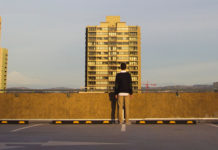
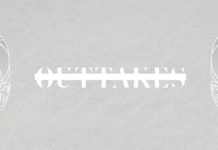




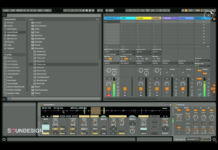
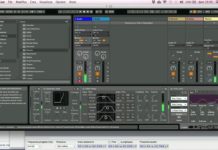

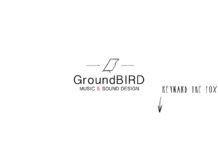
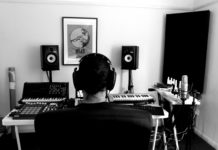
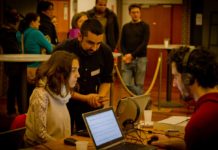

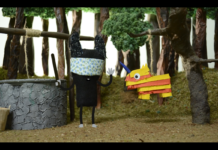
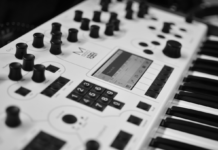
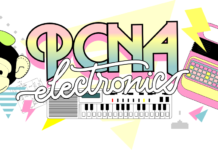
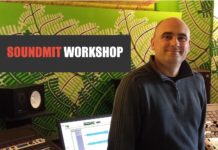
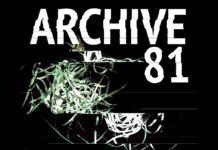
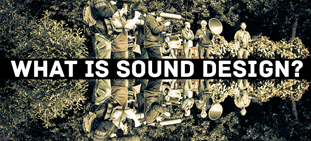
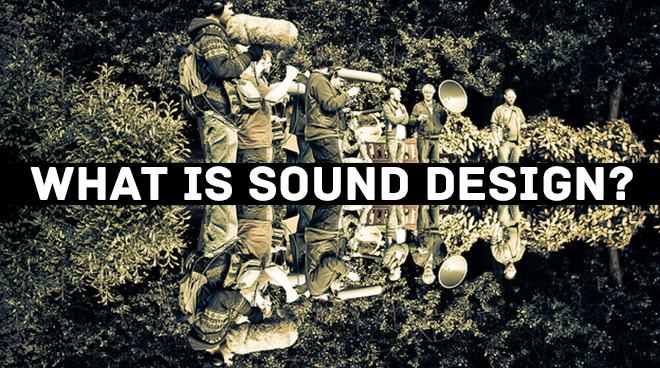
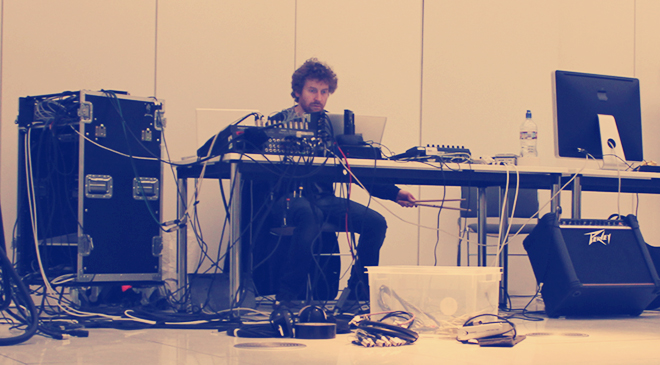
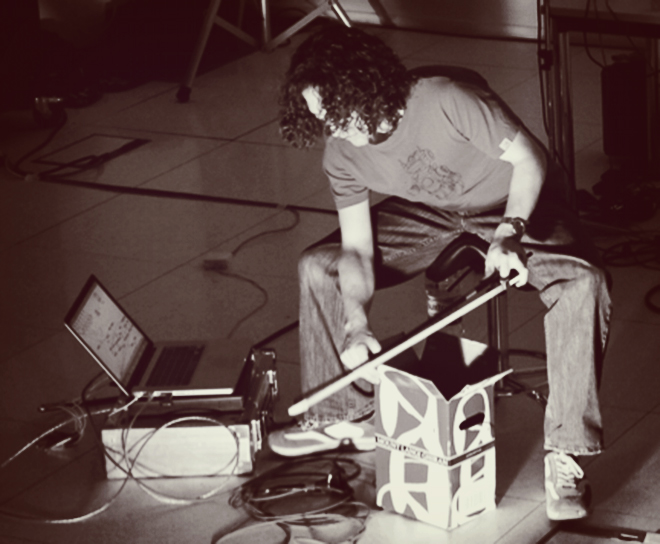
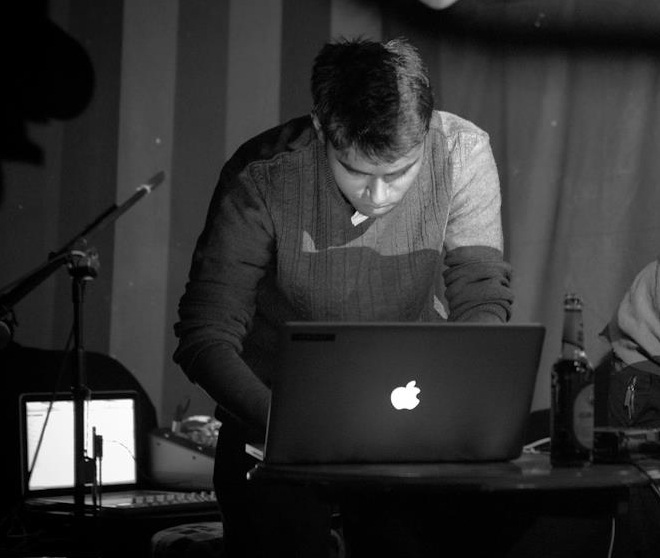
[…] What is sound design…? Symposium at the University of Edinburgh → […]
[…] E’ un simposio di tre giorni tenutosi dal 27 al 29 novembre, 2013 presso l’Edinburgh College of Art presso l’Università di Edimburgo e New Media Scotland, e organizzato da Martin Parker, Varun Nair e Owen Verde. Abbiamo avuto un colloquio con Martin per il programma e le attività del suo gruppo di ricerca. Continua a leggere su Sounddesign.info […]
[…] https://www.soundesign.info/interviews/what-is-sound-design-symposium-at-the-university-of-edinburgh […]